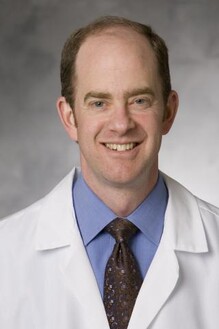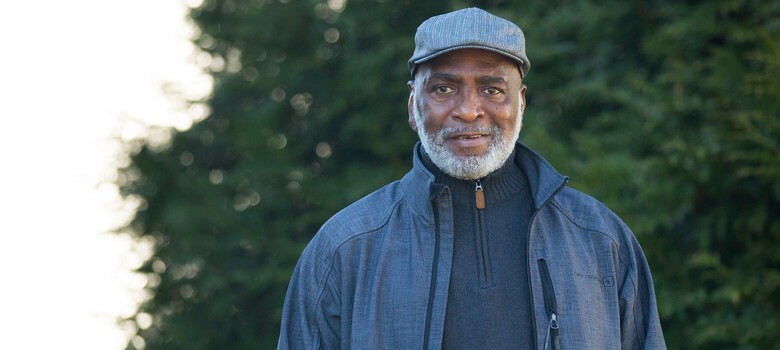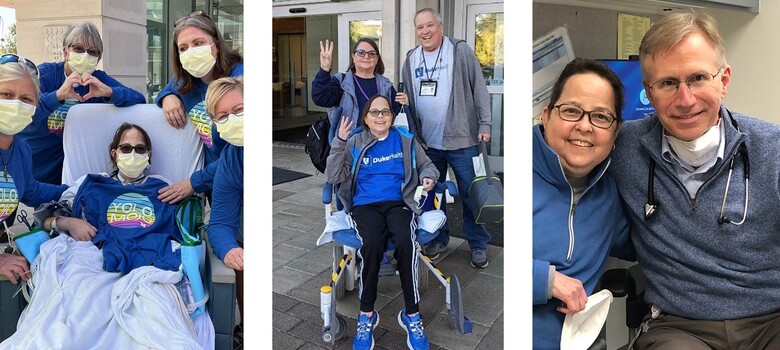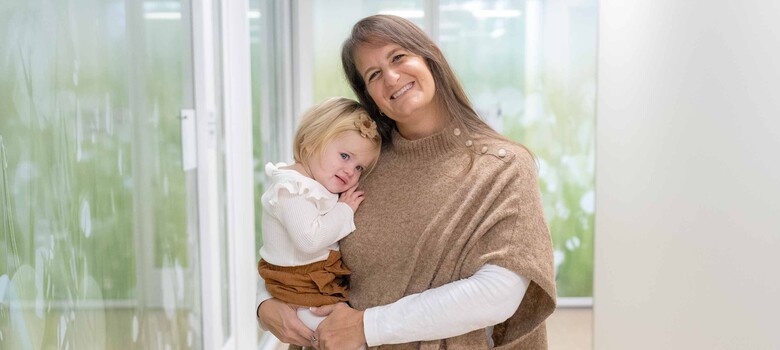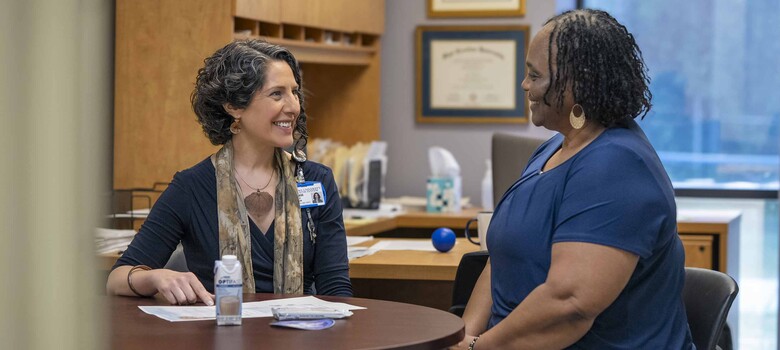Full of Life After Double Lung Transplant Surgery
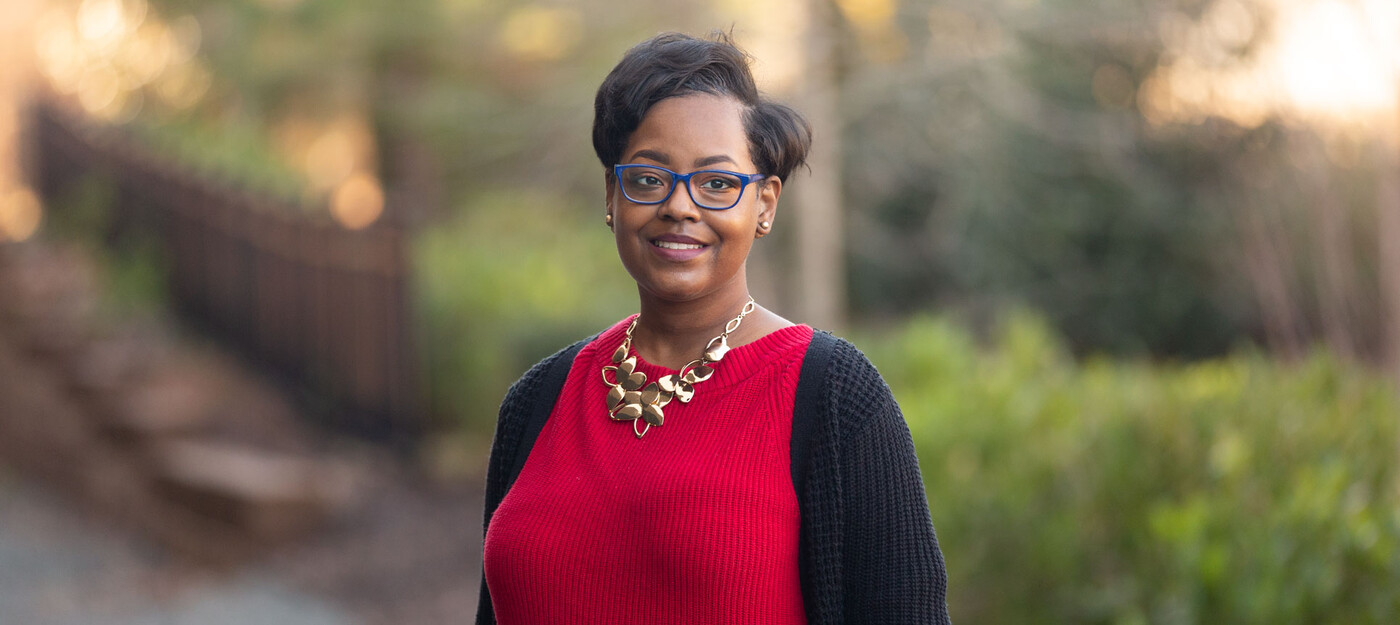
Karen McLeod radiates energy and is quick to laugh. But just one year ago, her situation was drastically different. Frequently hospitalized because of advanced pulmonary fibrosis, she was weak, breathless, and supported by an oxygen tank around the clock. She did not know it then, but a double lung transplant would soon give her a second chance to enjoy life fully.
Working Despite the Pain
McLeod, age 36, suffers from lupus, an autoimmune disease in which the body attacks its own tissues and organs. Although lupus is a painful and sometimes debilitating condition, McLeod took good care of herself and continued working as a health educator and social worker after her diagnosis in 2007. But when the disease began to affect her lungs in the winter of 2018, everyday actions -- including breathing -- became difficult.
Taking Charge of Her Health
To make the most of her compromised lung function, McLeod enrolled in the Duke pulmonary rehabilitation program. There the resident of Fuquay-Varina, NC built up her physical strength and practiced breathing techniques to improve her stamina. She also learned how serious her situation was. “I always ask a lot of questions when it comes to my health, and so I had my respiratory therapist explain in detail what my breathing test readings meant. After she did, I thought, ‘Hmm, that doesn't sound too good.’" The therapist recommended that she ask her pulmonologist, Lake Morrison, MD, about the Duke Lung Transplant Program at her next office visit.
McLeod did not wait that long. “I sent Dr. Morrison a message through MyChart, and he actually called on a day that he was scheduled to be off. He said, ‘Karen, I think we can look at getting you into the transplant program because your condition isn't improving. Let’s do the initial assessment and then see where you are.’"
Duke Experience Makes a Difference
After an extensive evaluation, McLeod learned that she was a candidate for a lung transplant. According to her transplant pulmonologist, Omar Mohamedaly, MD, not every transplant program can accept a candidate like McLeod. “Other centers might not consider her an appropriate candidate because of the severity of her disease and the strain that lupus put on her heart function. Also, outcomes tend to correlate with experience. Duke does more than 100 transplants a year. We've seen the whole range of issues that might come up. That makes a difference in a complex case like hers."
When McLeod was added to the national waitlist for organ donations in December of 2019, her condition was serious. In addition to needing large volumes of oxygen to get through the day, she began to retain carbon dioxide, an indication of end-stage lung disease in people with pulmonary fibrosis. Less than a month after she was listed, she had double lung transplant surgery at Duke
An “Unexpectedly Great” Recovery
Recovery from lung transplant surgery can be full of setbacks, but for McLeod, it was “unexpectedly great. I think that Duke did an excellent job to prepare me for what was to come, the good and the bad.” She was also prepared to walk within a day after surgery. Not content to just take a few steps, McLeod walked up and down the halls in the intensive care unit (ICU) several times. Later that evening, she was moved out of ICU -- and she walked to her new room.
McLeod makes her recovery sound easy, but Dr. Mohamedaly gives her credit for her positive outcome. “Her spirit, her will to live, and her ability to take complications and obstacles in stride while battling a chronic disease is impressive. She partnered with us and is absolutely engaged in her own health.”
Today, one year after surgery, McLeod is serious about staying healthy. Although she is busy with her full-time job as a social worker, she never fails to take her daily medications, exercise regularly, and come to all her follow-up appointments. Her lung function is excellent, and she wants it to stay that way. “I’ve found myself reflecting over the changes since last year, not having to be in the hospital, being at home and being well enough to walk around without the oxygen and just be more independent. I feel great.”
